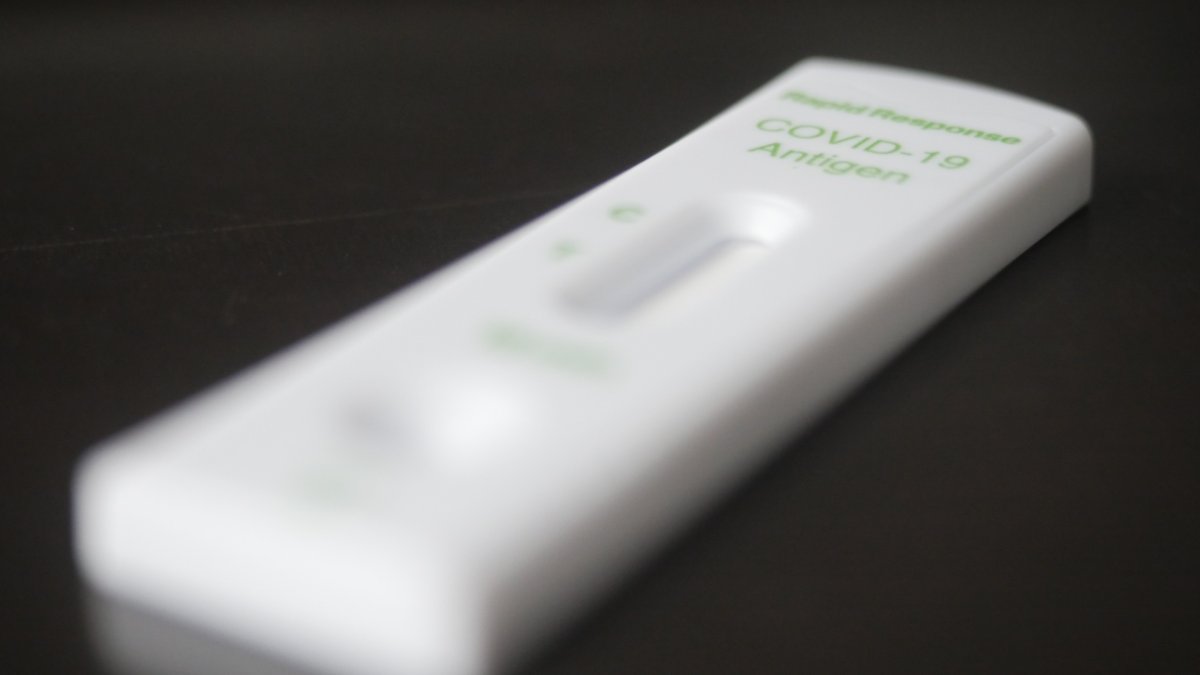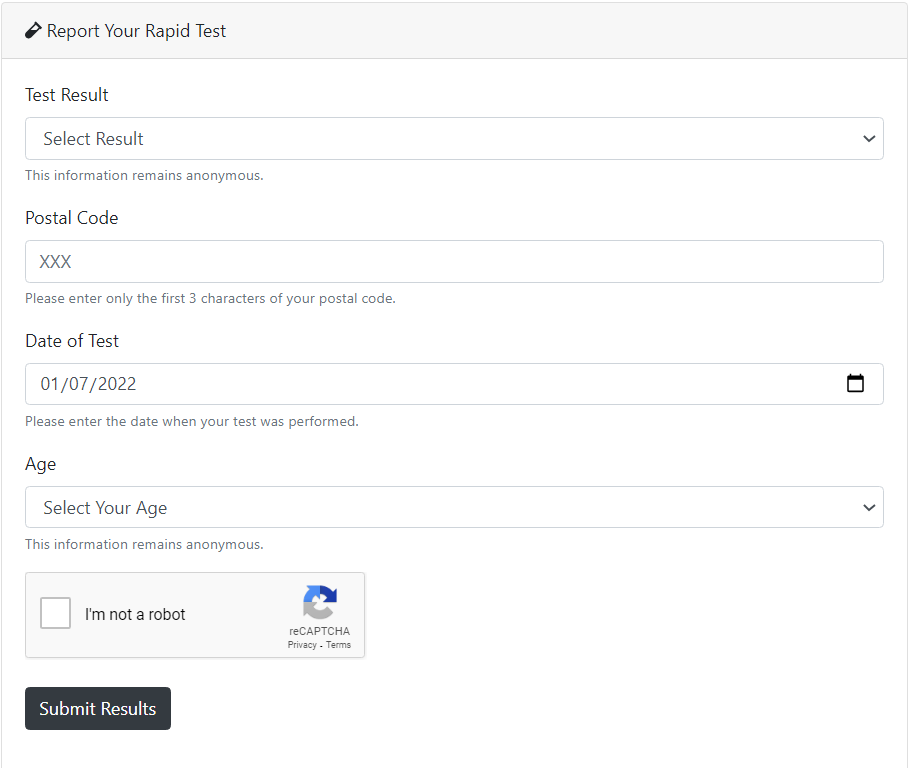A University of Saskatchewan student is hoping his new online tool can help close the COVID-19 data gap arising from increasingly limited access to official PCR testing.

“It’s a very new feature we just added a couple of days ago in response to the limited access to PCR testing that we’re seeing both here in Saskatchewan and across Canada,” said Noah Little, who founded a COVID-19 data tracking website shortly after the onset of the pandemic.
“With this initiative so far we’ve had thousands of entries already and we’re hoping to have a comprehensive look across Canada.”
Little says privacy is protected as users submit their information. All that’s collected is the test result and date taken, the first three digits of a person’s postal code and their age.
“The whole idea is to get some age data and geographic data so we can really classify the data. That way we can pinpoint hot spots in spread, different ages where transmission may be happening or not. We don’t collect any further identifying information at all,” Little said.

Get weekly health news
“The more people who submit their results, the more useful that data will be.”
Little said work is currently underway to visualize the data on the website.
Saskatchewan epidemiologist Nazeem Muhajarine approached Little with the idea after the province of Saskatchewan announced new recommendations for who should get PCR tests last week.
” Noah was very quick to the draw. He had his people together and had a mock-up ready the next day after we talked,” he said.
“People are already reporting in.”
Muhajarine predicts a “severe undercount” of COVID-19 cases is underway, and said estimates out of Ontario are beginning to shed light on just how large that gap may be.
“They say for every case of COVID-19 that’s counted there may be up to four to five cases not reported,” he said.
While the feature also allows users to report their negative rapid test results, at least one doctor says that with the onset of the Omicron variant those negative results can no longer be trusted.
“This worked really quote well with Delta but won’t work anymore with Omicron. That’s the important part here,” said Dr. Peter Juni.
“Omicron becomes infectious at much lower viral loads, so the concentration of the virus is still relatively low. It cannot be detected yet by a rapid test. That’s novel.”
He said the only time a negative result from a rapid antigen test can be trusted is days after a proven infection has been subsided.
“If you wanted to compensate for the decreased sensitivity, what you most likely would need to do would be to test daily in places like schools,” he added.
Muhajarine agreed that rapid tests are good for “ruling people in” but not “ruling people out.”
“A positive rapid antigen test is like a red flag. These tests are not really good for waving the green flag,” he said, adding they should be considered first layers of a more extensive testing regimen.
“It will detect Omicron as well as other variants, but the test needs to happen at the right time. It has to happen after the viral buildup.”













Comments